What We've Been Reading: August 2025
Artemis
Welcome to our monthly reading-round-up for August 2025!
This is the place where we gather highlights from what the Lighthouse team have been reading each month. You can check out round-ups from previous months and years amongst our book lists.
August is a busy month for us here in the shop, and it looks like it was also a busy reading month for our team, revisiting old comforting favourites and reading sneak peeks at new publications - essays, memoir, graphic novels, queer writing, and politics is all represented.
JJ:
States of the Body Produced by Love by Nisha Ramayya: A spellbinding collection of poems and essays remixing Indian folklore to tell stories of queer, radical love - even if you know nothing about Indian mythology you will be enchanted (edited)
The Mercy Step by Marcia Hutchinson: A story of a Caribbean girl born into a cruel world, it's a challenging but defiant story, recognisable to anyone who holds onto their magic despite the world trying to snatch it
Mairi:
Hollie McNish’s Lobster - That woman has such a gift for bringing out the universalities in every day experiences and doing it with a ferocious wit. So very clever, very funny.
Refuge: Stories of War (and Love) by Sunny Singh - A stunning collection of stories that carry the weight of the world and this moment we’re in. Stories dripping with the worst of human impulses, and our most compassionate.
Just started Thorne’s Can’t Spell Treason Without Tea - Bookshops & Bone Dust, meets This Princess Kills Monsters, cosy sapphic fantasy for some much needed escapism
Working my way through the essays in I Will Always Be Looking For You, possibly the most beautiful book I’ve ever owned.
Christina:
I read Hannah Kent's beautiful memoir Always Home, Always Homesick about her connection to Iceland. The memoir also charts the development and writing process of her acclaimed debut novel Burial Rites. This memoir was my first time reading Kent's writing and it made me want to read everything else she's written too - I just started Devotion which is extremely lyrical and gorgeous. SUCH GOOD SENTENCES. Always Home, Always Homesick is out in November.
Speaking of great sentences, Jess Shannon's debut novel Cleaner has some of the most beautiful sentences I've read all year. It's a coming-of-age story written in one continuous chapter, breathless and funny and sad.
I am extremely glad I read Night of the Living Rez by Morgan Talty, which was our SMOL indie press subscription box pick for August. A beautifully crafted gut-punch of a short story collection, Night of the Living Rez follows the story of David as he grows up. The stories, many of which were published as stand-alones in literary magazines and are collected here together, are arranged non-chronologically - David is 12, then he is 28, then he is 17, then he is 9. The stories move closer and closer to the big silence of trauma and loss at the heart of the book. This is a portrait of an Indigenous community, a story of love, pain and serenity, and a tale of friendship and family and caring for others. Absolutely propulsive, I didn't want to put the book down, and I'm in awe at the razor-sharp precision of Talty's writing. This isn't a light read, but it's rewarding, complex and warm.
Pao:
All The Houses I've Ever Lived In by Kieran Yates I'm a sucker for books about identity/belonging and this is one of the best I've ever read. Yates charts the histories around most of the houses she's lived in as a result of an ever-shifting housing crisis, sharing memories amidst the reasons she was never afforded housing stability. Who knew a book about housing could make you feel so much? I finished it feeling full of rage and galvanised to organise more around housing - and was so pleased to stumble onto Living Rent's work in Edinburgh as a result.
All The Way to the River by Elizabeth Gilbert (out 9 September) I'm an unapologetic Liz Gilbert fan, so you can imagine how loudly I squealed when this came up on my NetGalley account! Gilbert is back again to tell us all the gossip behind the story that hit the headlines in September 2016 - she fell in love with her best friend, Rayya Elias, and left her husband to support Elias through a terminal cancer diagnosis. Gilbert may be a celebrity now, but don't expect a celebrity memoir; this is a love story and a journey to understanding addiction: Elias's to drugs, and Gilbert's to love and relationships. If you liked Melissa Febos' The Dry Season - this one's for you.
Persepolis by Marjane Satrapi I re-read this on the train from London to Edinburgh and it was perfect. Marjane's graphic memoir of growing up Tehran in the 70s and 80s was my first introduction to graphic novels as a teenager, so reading this felt a bit like returning home.
Delilah Green Doesn't Care by Ashley Herring Blake Another comforting re-read - pure, unadulterated queer joy wrapped up a romcom package. A delight.
Mohamed:
A Programme of Absolute Disorder by Françoise Vergès Starting with a re-introduction of one of Fanon’s oft-misrepresented phrases (it’s in the title!) and a brief critical history of “universal” museums, Vergès explores attempts to reclaim cultural spaces that have profited and participated in the oppression of the global majority. Vergès’ work recognises that crimes of the past have just taken new formations in the present. In this work Vergès asks, what does a transition period to a different kind of cultural space that doesn’t reiterate harms of the past look like? A must-read if you’re interested in how we got to the current entanglements of colonialism, corporate funding, oppressive labour politics and racism within our cultural spaces, and all the ways we can fight to reclaim these spaces.
Nic:
Paul Auster – 4321
4321 follows four alternate versions of a single life, drawing the reader into a layered study of both it's protagonist, Archie Ferguson, and it's true-to-history setting of 1950s and 60s America.
This novel simultaneously explores era-defining events of youth activism, unjust foreign wars, and domestic social inequalities - issues that still echo powerfully today - alongside fictional characters who question the role of art, film, literature, indie publishing and journalism amid societal turbulence. It is as much a study of culture as it is of character, offering it's readers the chance to reflect on the lives they are living and the lives they might yet live.
Joan Didion – Slouching Towards Bethlehem
Written at the height of U.S. domestic social instability and counterculture revolutions of the mid-1960s, Joan Didion’s debut essay collection Slouching Towards Bethlehem offers a series of personal reflections and astute ethnographic reporting on the goings-on of the “golden land” of her home-state, California.
From the beginning of Didion’s career in journalism emerges a distinct voice that is of a melancholic, postmodern conservatism. Critical, detached and yet deeply attentive, Didion casts a sceptical light of equal intensity over in all directions – from revealing the absurdities of hippie culture, the naiveties of social progressivism and non-violent idealists, to probing the impotence of centrist think-tanks and examining the personality cults we build around the rich and famous, to even doubting the very notion of morality and factuality. Whether one believes such scepticism is warranted, or fundamentally agrees with the overall outlook of Didion’s early writing is one thing, but there is an there is an undeniable power in her prosaic and genre-defining style of New Journalism.
Despite such melancholic tendencies, it’s not all world-weary criticism. Among more personally focused writings, we come to see that within this scratched cynic belies an emotional tenderness, expressed in a romantic pastoral homage to California, its history and her up-bringing there. Precise, observant and emotionally rich, this is simultaneously a genre-defining and era-defining collection of literary essays.
John Green – The Anthropocene Reviewed
In this essay collection, John Green adopts one of the most defining forms of internet expression: the five-star review. Rather than reinforcing the format's usual reductiveness, Green subverts it by transforming the medium into a vehicle for expansive and emotionally rich storytelling. Each essay reviews a cultural artefact or experience emblematic of the Anthropocene - from Diet Dr Pepper to Teddy Bears, Sniff-and-Scratches to the internet itself. Not unlike the randomness of a Wikipedia deep-dive, the results are multifarious but thoughtfully synthesised through a mix of personal reflection, cultural commentary, and existential inquiry. A fantastic read for anyone looking towards the mode of the essay in a world of total noise. I give The Anthropocene Reviewed five stars.
(Confessedly, I re-read this book almost every month because of its near perfect essay style…)
Linked Books

- title
- I Will Always Be Looking For You - A Queer Anthology on Arab Art.
- author
- Ed Yasmine Rifaii, Nadim Choufi
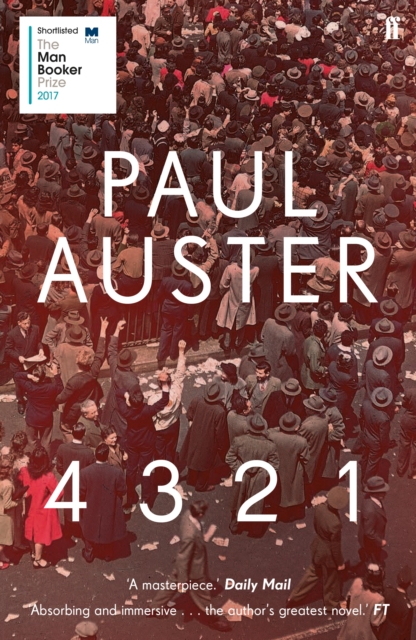
- title
- 4 3 2 1
- author
- Auster, Paul
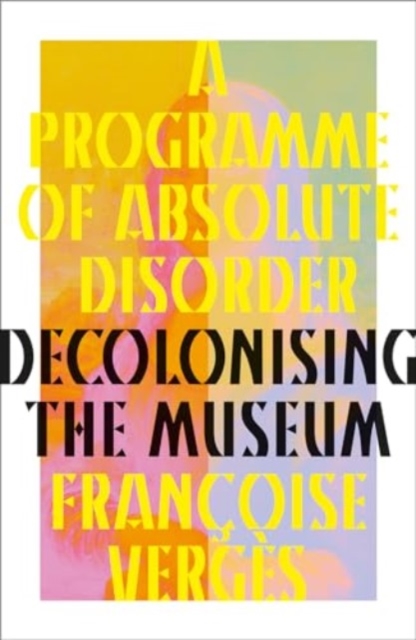
- title
- A Programme of Absolute Disorder : Decolonizing the Museum
- author
- Verges, Francoise, Gilroy, Paul, Thackway, Melissa (Sciences-Po, Paris)
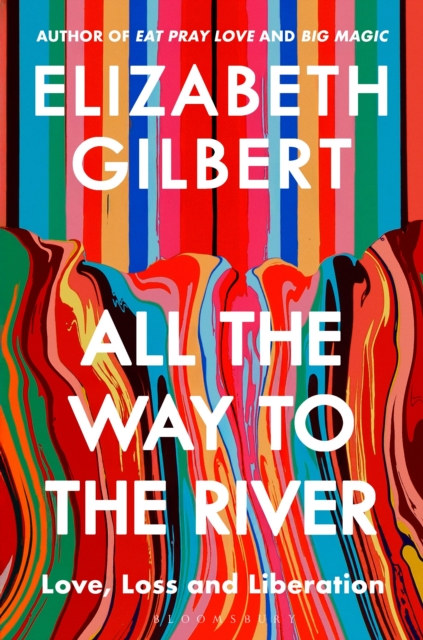
- title
- All the Way to the River : Love, Loss and Liberation
- author
- Gilbert, Elizabeth
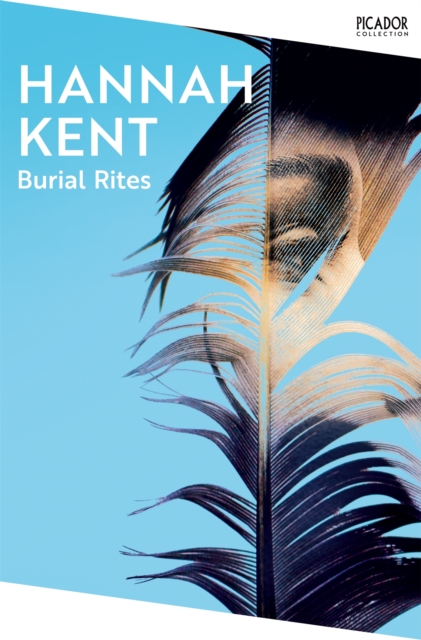
- title
- Burial Rites : The BBC Between the Covers Book Club Pick
- author
- Kent, Hannah
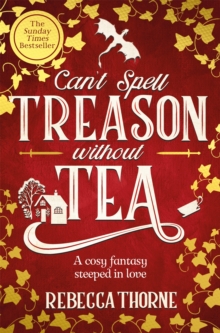
- title
- Can't Spell Treason Without Tea
- author
- Rebecca Thorne
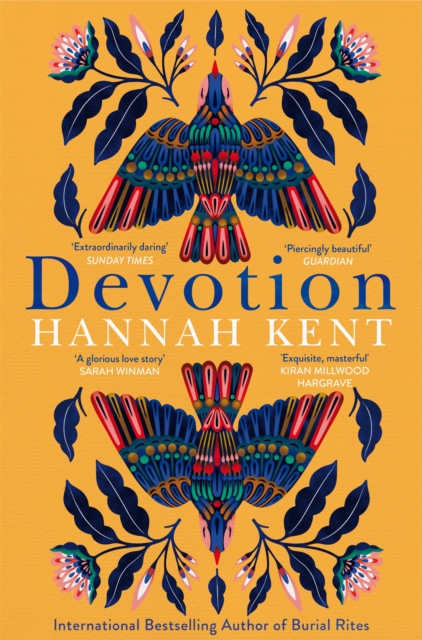
- title
- Devotion
- author
- Kent, Hannah
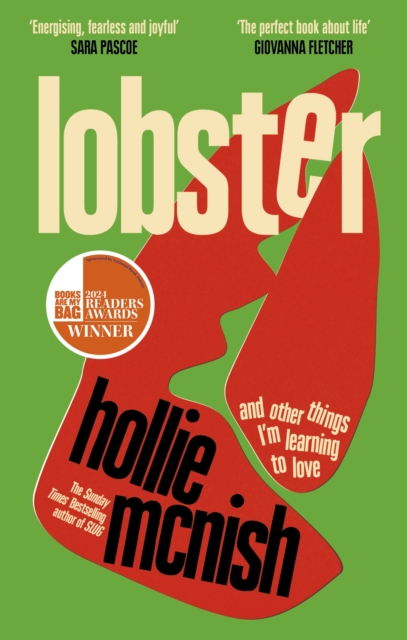
- title
- Lobster : and other things I’m learning to love: 'energising, fearless and joyful' Sara Pascoe
- author
- McNish, Hollie
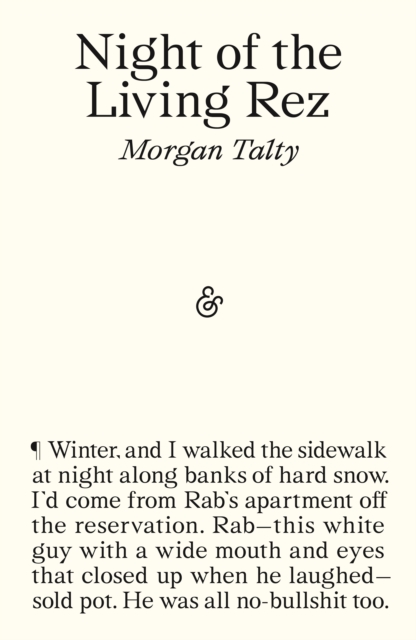
- title
- Night of the Living Rez
- author
- Talty, Morgan
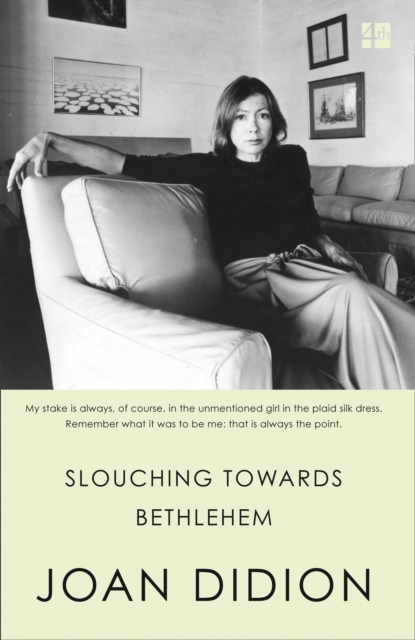
- title
- Slouching Towards Bethlehem
- author
- Didion, Joan
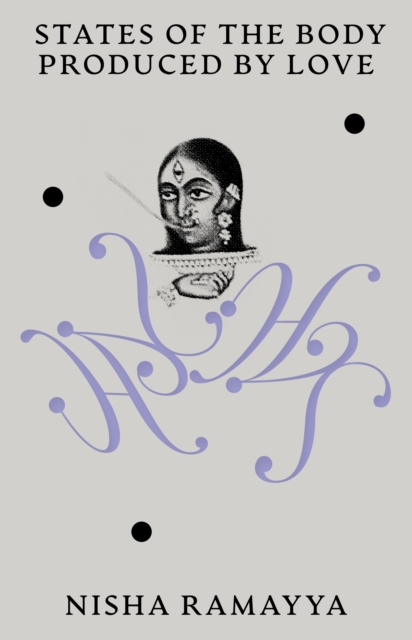
- title
- States of the Body Produced by Love
- author
- Ramayya, Nisha
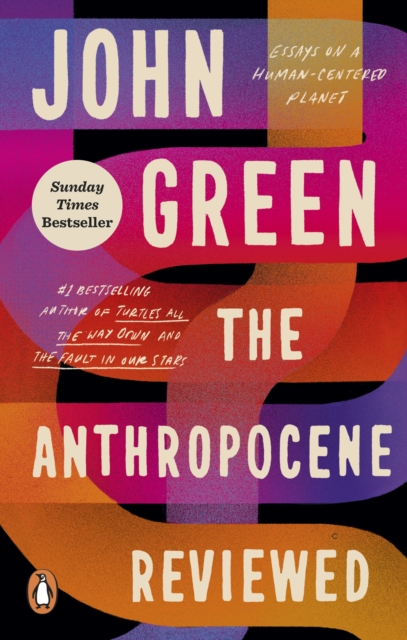
- title
- The Anthropocene Reviewed
- author
- Green, John
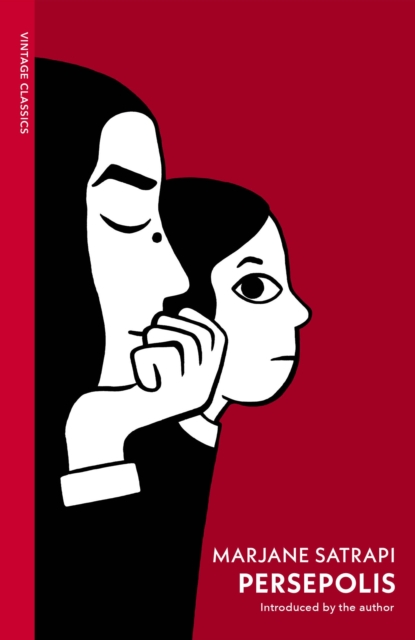
- title
- Persepolis I & II
- author
- Satrapi, Marjane
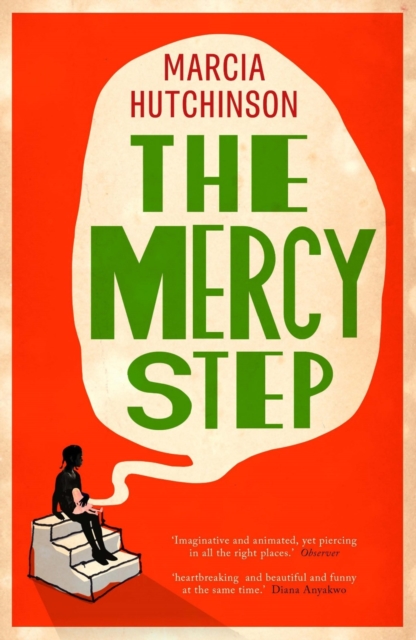
- title
- The Mercy Step
- author
- Hutchinson, Marcia
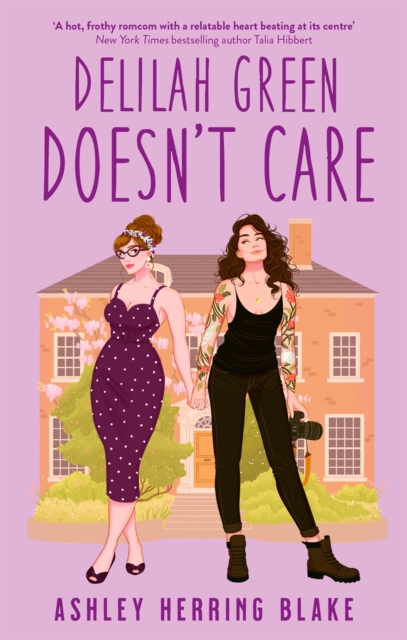
- title
- Delilah Green Doesn't Care : A swoon-worthy, laugh-out-loud queer romcom
- author
- Blake, Ashley Herring
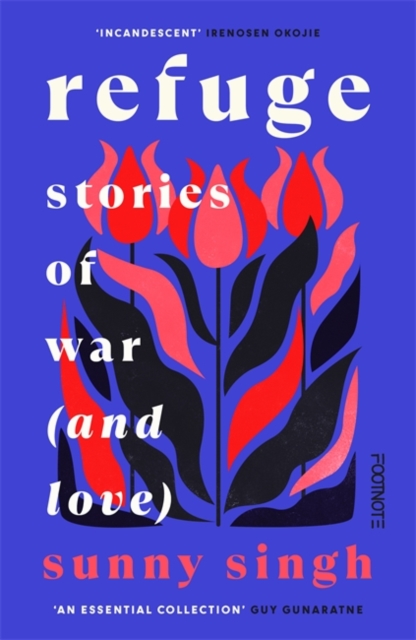
- title
- Refuge: Stories of War (and Love)
- author
- Singh, Sunny
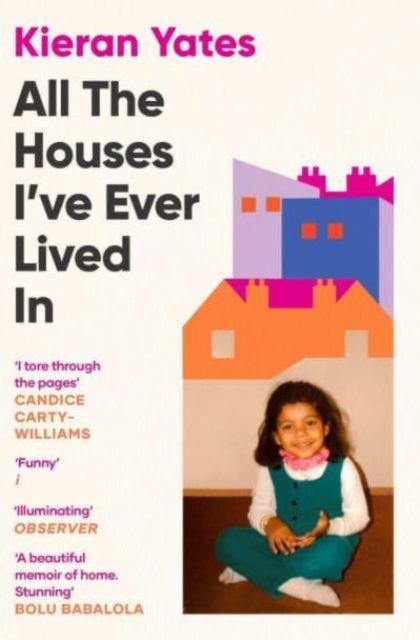
- title
- All The Houses I've Ever Lived In : Finding Home in a System that Fails Us
- author
- Yates, Kieran

- title
- Cleaner : A razor-sharp, honest and darkly comedic literary debut novel
- author
- Shannon, Jess
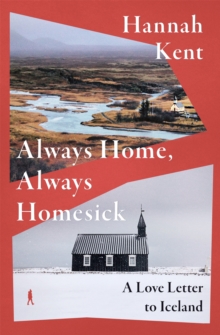
- title
- Always Home, Always Homesick : A Love Letter to Iceland
- author
- Hannah Kent